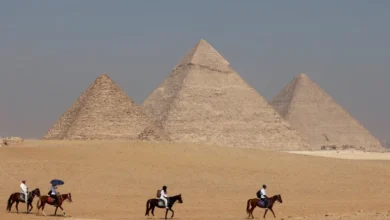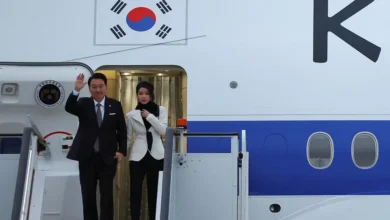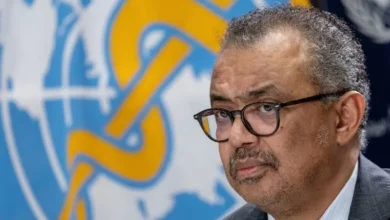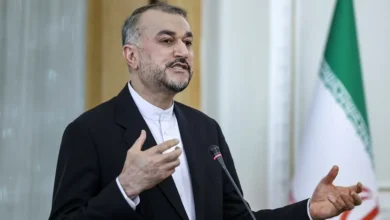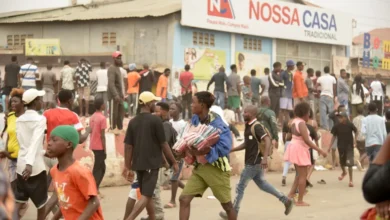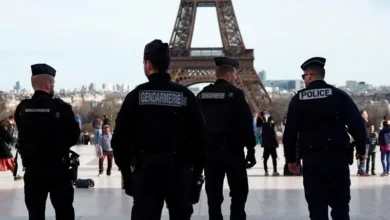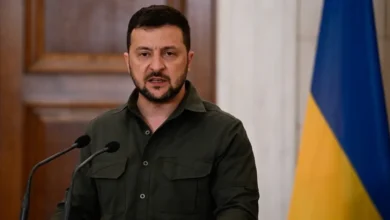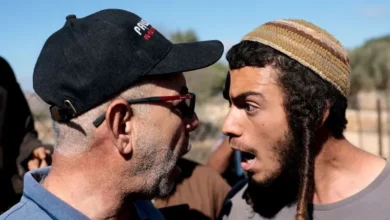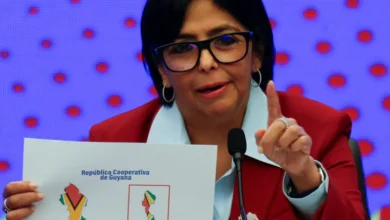India top court says demonetisation was legal, victims disagree
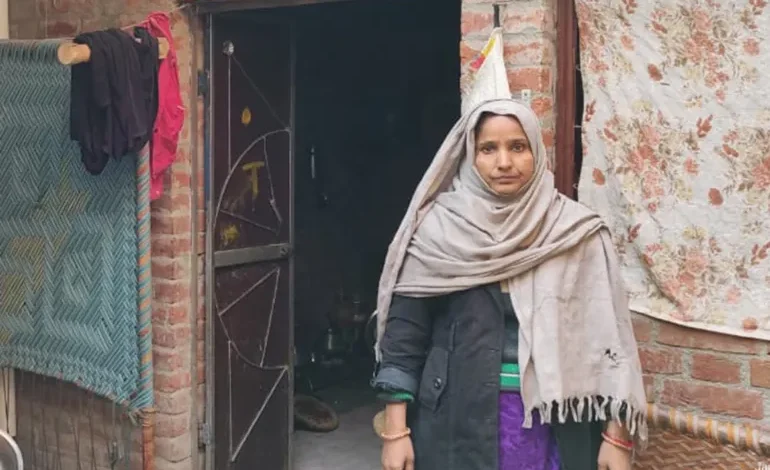
In the hours after Prime Minister Narendra Modi made a shock announcement making 86 percent of India’s currency notes invalid on November 8, 2016, Mujammil Khan’s life changed at a pace he could not keep up with.
Overnight, Khan’s livelihood as an autorickshaw driver in Uttar Pradesh’s Kasganj district dried up as people had no money to pay him, leaving him struggling to feed his wife and four children, the youngest being only four.
So, Khan, 39, did what everyone in the country did in the aftermath of the decision – queue up outside banks and ATMs to exchange his invalid currency notes for new ones. But ATMs were mostly shut for weeks and banks had no new notes to offer – calculations showed that while 21 billion currency notes had to be replaced, government printing presses were able to print only up to three billion notes a month.
“Bahut bheed-bhaad hoti thi [It used to be crowded and chaotic],” Khan’s wife Khushnuma Begum told Al Jazeera, explaining the hardships as desperate people jostled with each other, often sparking off fights and disputes, in the long queues outside banks and ATMs.
For two days, Khan queued for hours. But before he could withdraw, the ATM would run out of money. Khan went again, the third time. Two hours after he queued up, he collapsed on the ground and was rushed to a hospital. But he did not survive.
‘Couldn’t Modi have given us more time?’
Across India, tens of people reportedly died in the days after Modi’s shock announcement. The data around the total deaths are unclear – opposition politicians put it at over 100, media reports pegged it at around 80, while the Modi government, after first denying such deaths, admitted to only four.
Many, like Khan, collapsed while waiting in serpentine queues. Many others reportedly took their own lives out of sheer desperation after facing harassment for not being able to pay back their debts. Even bank employees died, ostensibly due to the stress of working round-the-clock, after the announcement.
Last week, six years after those horrifying days, these memories came alive for many, including Begum.
The Supreme Court of India, hearing 58 petitions challenging the Modi government’s decision to demonetise high-denomination currency notes overnight, upheld the move and said it could not be called “unreasonable”. Referring to the hardships that millions faced during the period, the top court said the contention that the decision should be set aside due to these hardships “will hold no water”.
“The individual interests must yield to the larger public interest sought to be achieved by impugned notification,” the court said in its majority judgment.
For Modi’s Bharatiya Janata Party (BJP), which faced a torrent of criticism after the move, the court’s ruling is a vindication. BJP spokesman Gopal Krishna Agarwal admitted that people faced hardship, but defended the move, saying it “dealt a big blow” to the illicit money economy.
